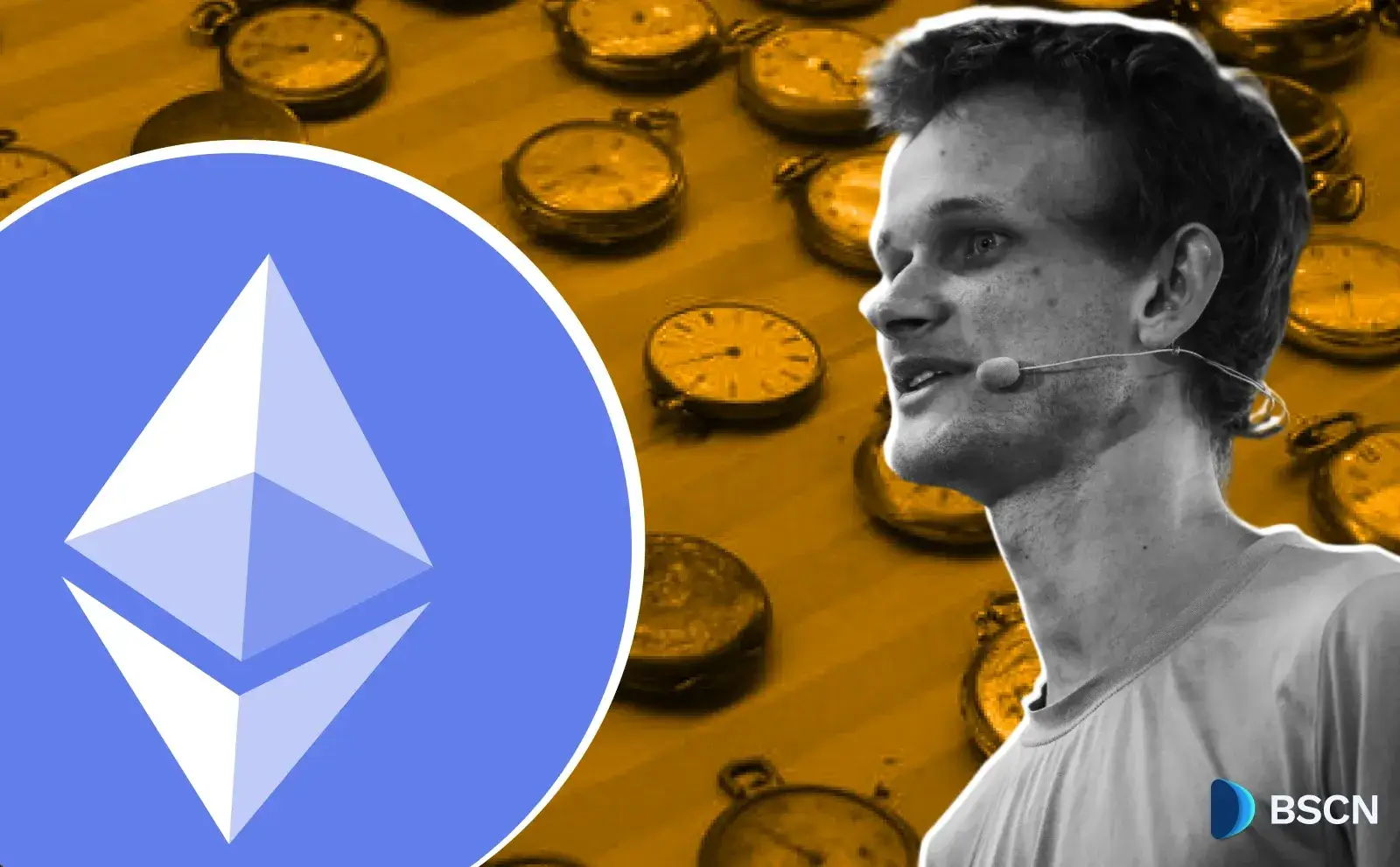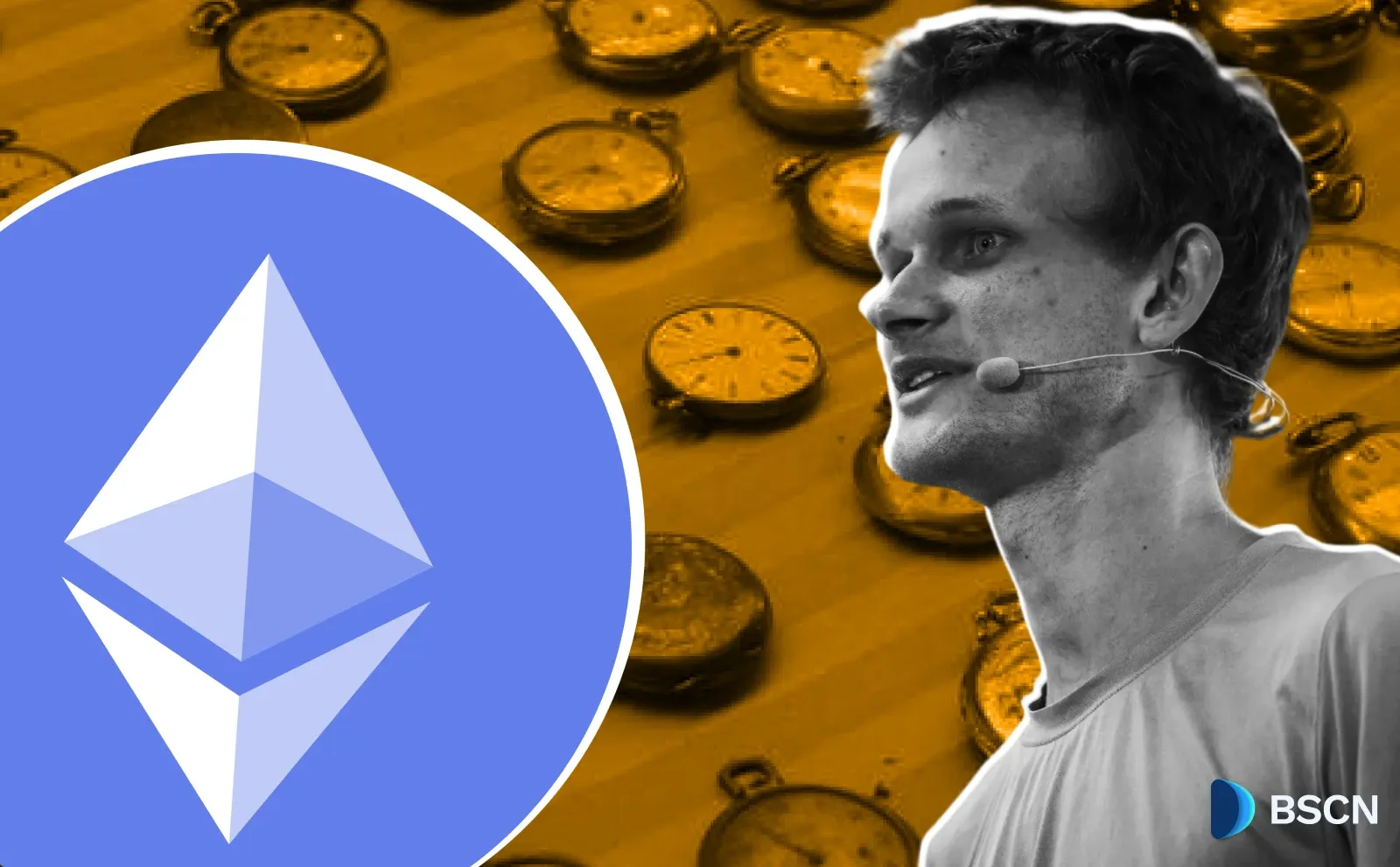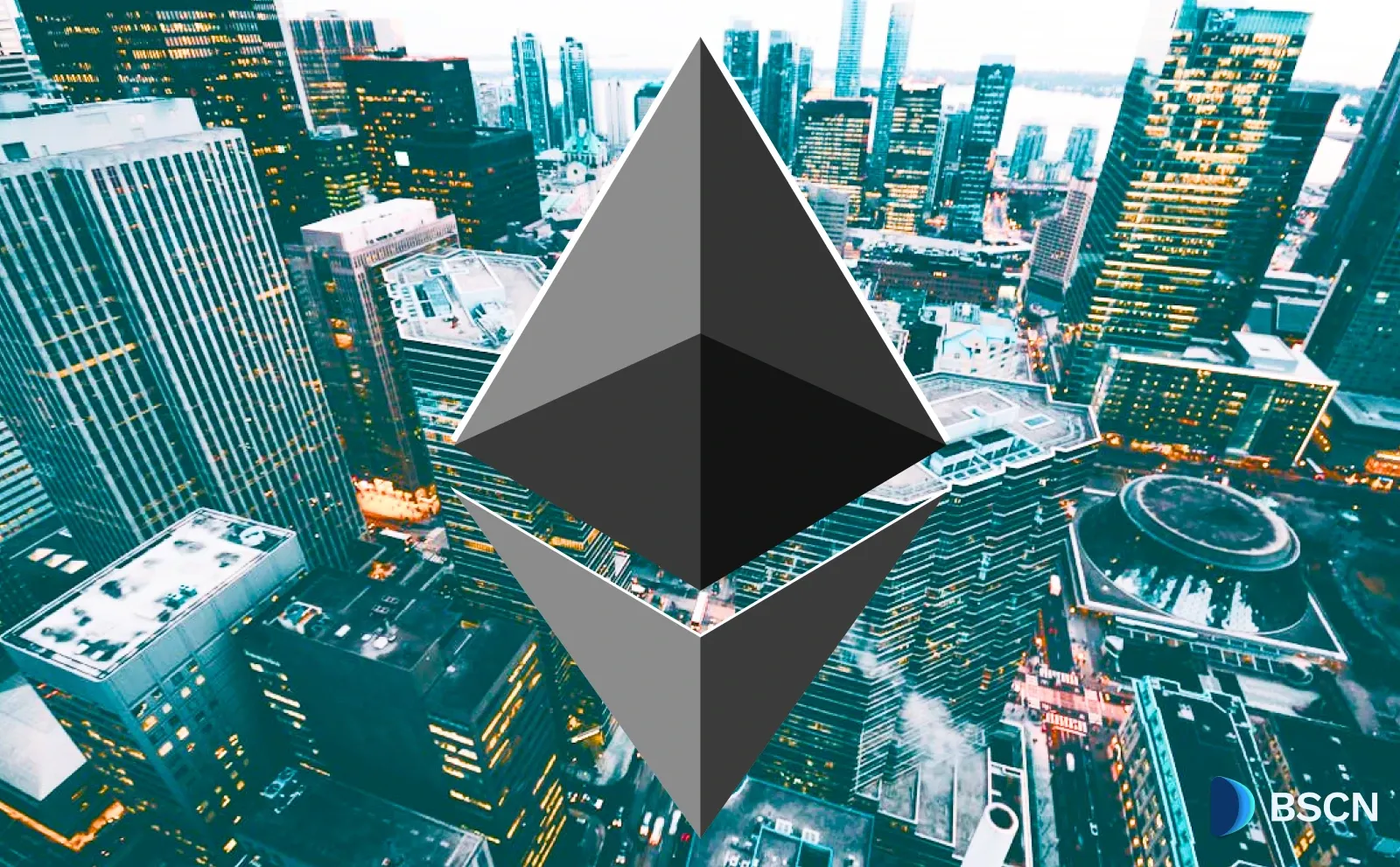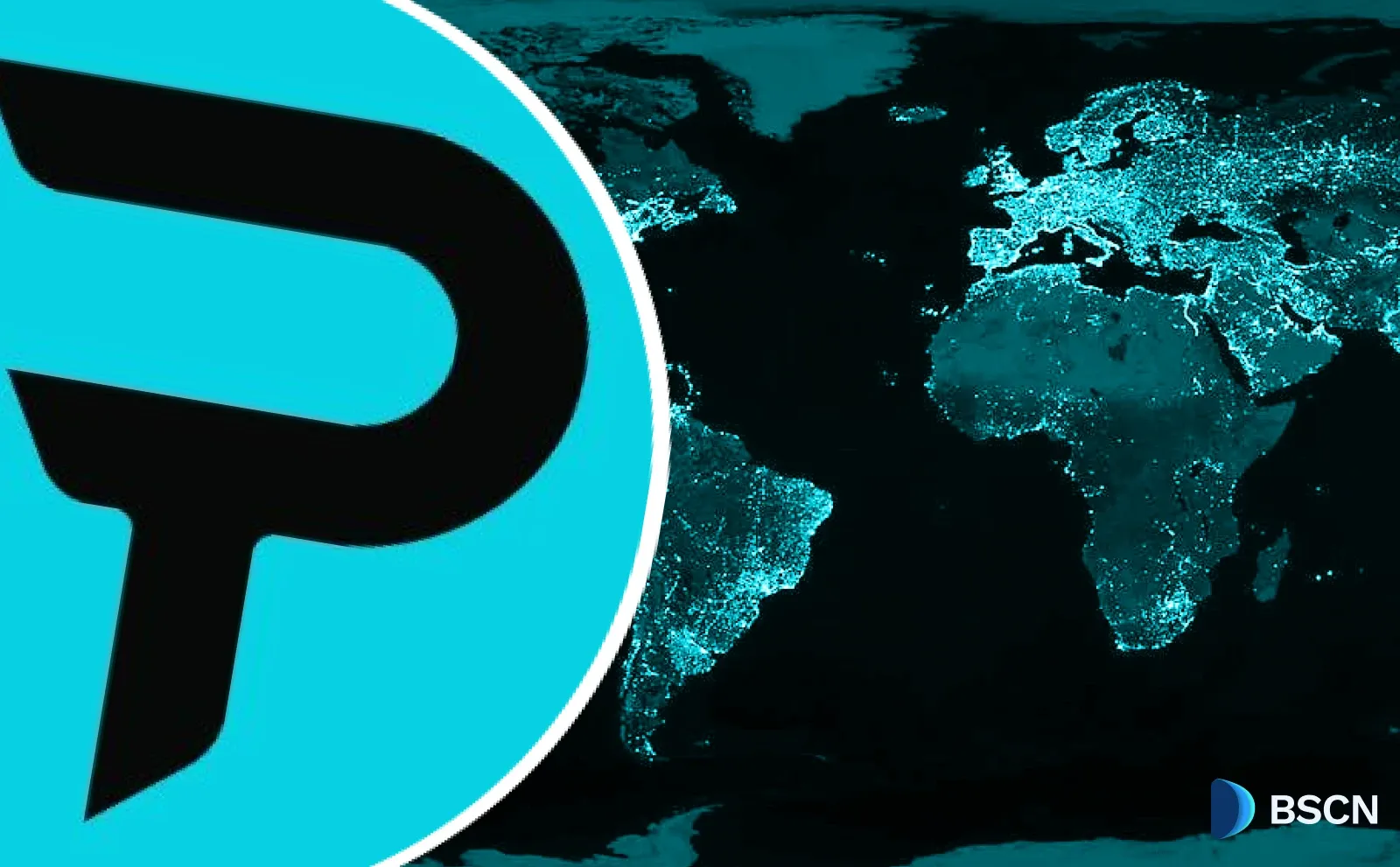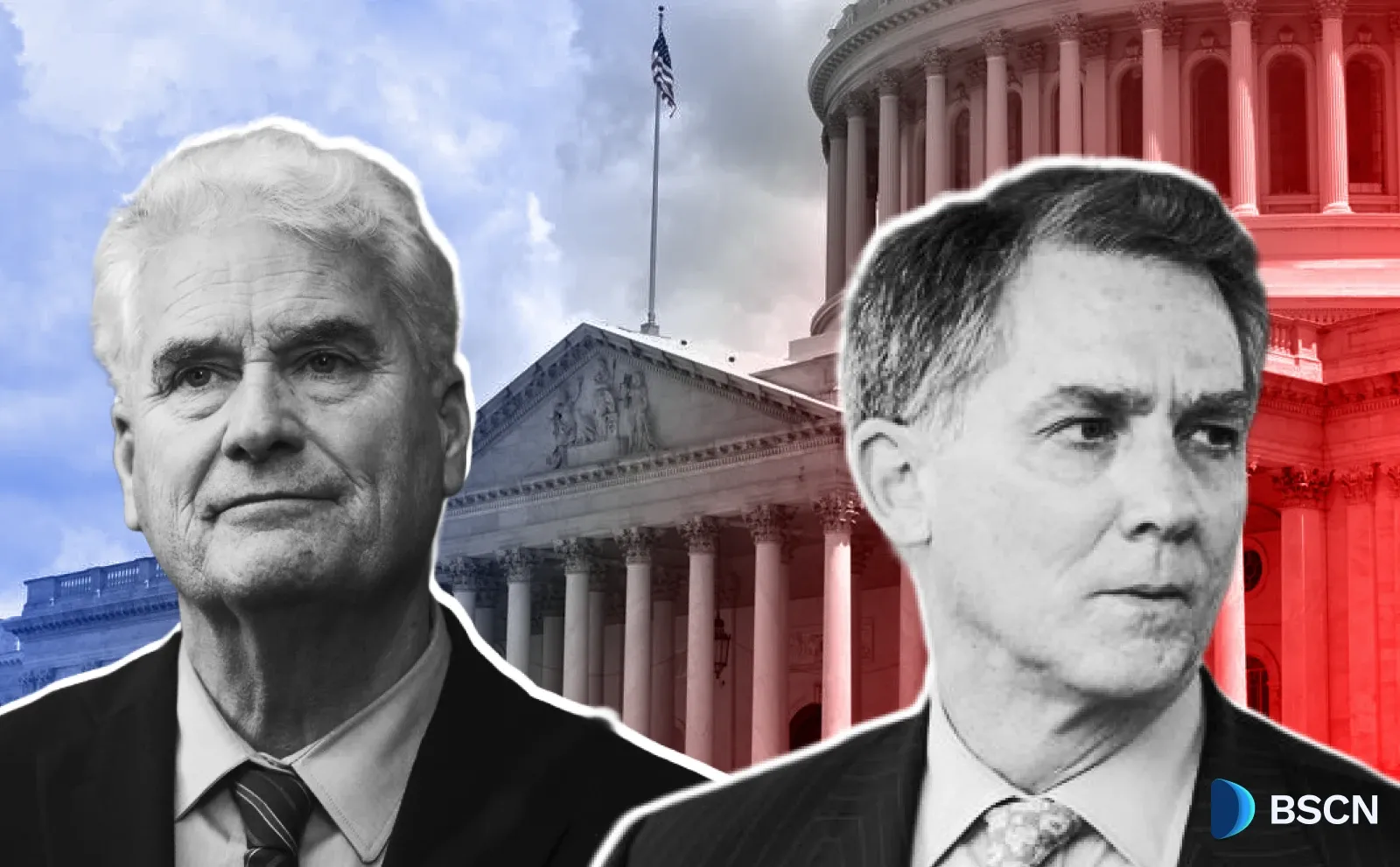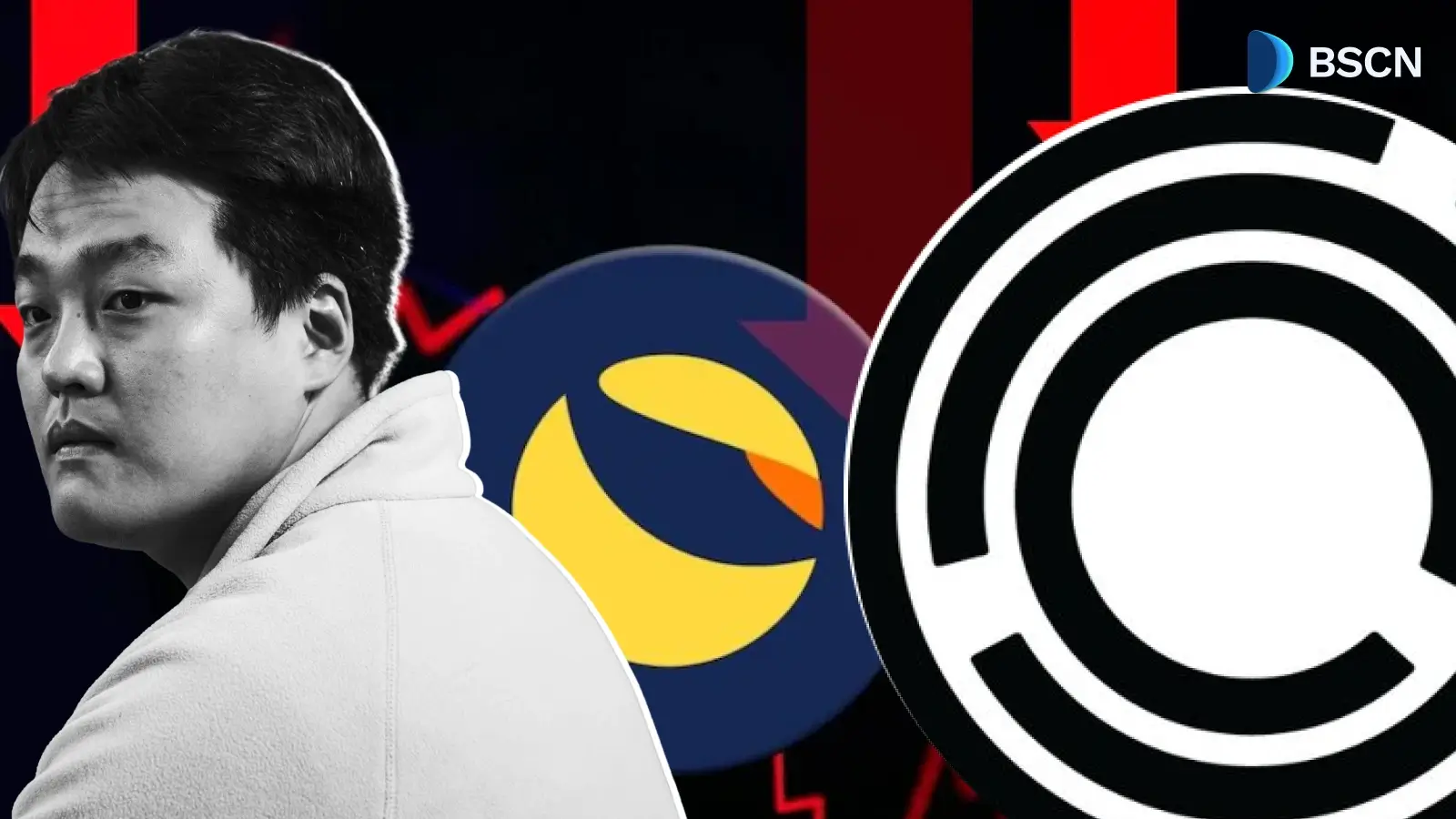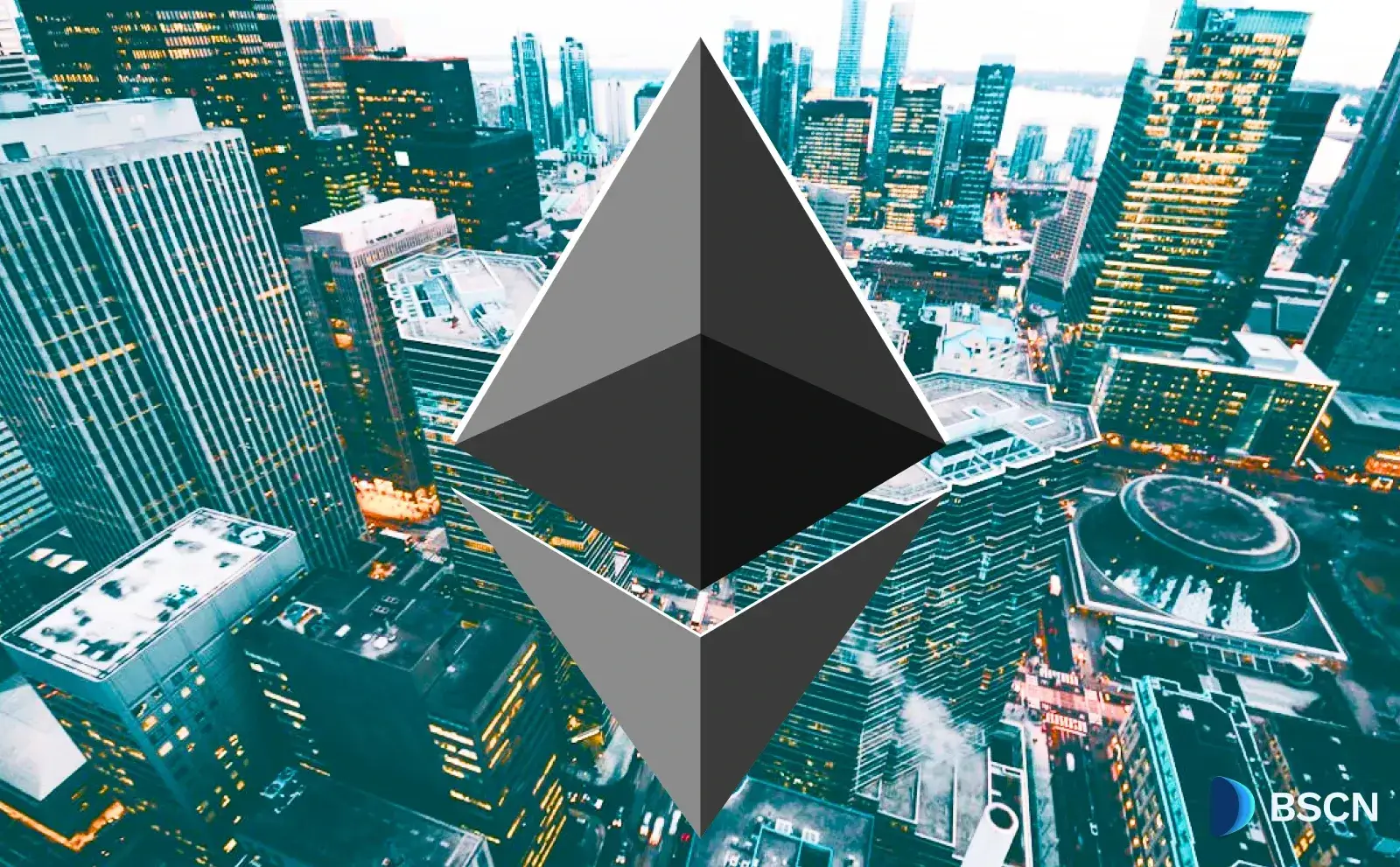Ethereum Maintains Fee Earnings Lead Despite Dencun Upgrade and Internal Strife

Ethereum’s fee income grew 3% from 2023, with Q1 2024 earning $1.17 billion. This surge is attributed to increased on-chain activity, including airdrops.
Soumen Datta
January 23, 2025
Table of Contents
Ethereum continues to dominate the blockchain space, leading the industry in fee earnings despite its March 2024 upgrade, known as Dencun.
According to a January 21 CoinGecko report, Ethereum earned $2.48 billion in fees in 2024, making it the highest-earning blockchain, surpassing Tron ($2.15 billion) and Bitcoin ($922 million). This marks a modest 3% increase from Ethereum’s 2023 earnings of $2.41 billion, signaling the network's ongoing strength despite shifting dynamics.
Ethereum's Resilience Amid Dencun Upgrade
Ethereum’s robust fee earnings in 2024 came despite the Dencun upgrade, which was designed to reduce transaction costs on Layer 2 (L2) networks. The upgrade aimed to scale Ethereum’s blockchain by shifting more activity to L2 solutions.
Many analysts predicted that this would hurt Ethereum's mainnet revenue and potentially impact Ether’s price. However, Ethereum’s fees continued to climb, challenging these expectations.
"This was also Ethereum’s highest earning quarter in the last two years, driven by increased onchain activity amid widespread airdrop programs." said CoinGecko analyst Lim Yu Qian.
Ethereum’s earnings were particularly strong in the first quarter of 2024, accounting for nearly half of its total fee earnings for the year. In the first three months, Ethereum generated $1.17 billion in fees, marking the highest quarterly earnings in two years. This surge was driven by heightened on-chain activity and a series of airdrop programs that fueled network engagement.
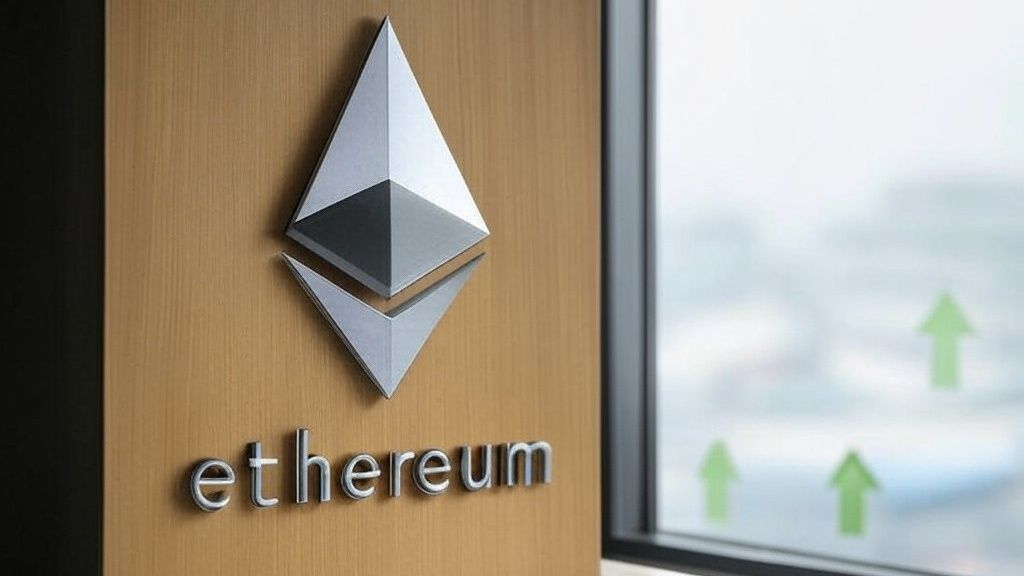
Worth noting, Layer 2 protocols like Optimism and Arbitrum have gained significant traction, helping to ease congestion on the mainnet and reduce overall fees for users.
Ethereum Foundation Faces Scrutiny Amid Leadership Changes
While Ethereum's network shows impressive growth, the Ethereum Foundation (EF) has come under scrutiny for its management and leadership. Recently, Ethereum co-founder Vitalik Buterin announced changes within the EF leadership, aiming to improve communication between the foundation and the broader ecosystem. However, internal tensions have surfaced, with some community members expressing dissatisfaction with the EF’s direction.
Notably, Ethereum core developer Eric Conner announced his departure from the EF after Buterin dismissed calls for a leadership overhaul. The situation has sparked debate within the Ethereum community, leading to the emergence of the mysterious "Second Foundation" on social media platforms like X (formerly Twitter). While little is known about this splinter group, it has generated conversation about the future of the Ethereum Foundation and its role in shaping the ecosystem.
Growing Concerns Over Ethereum Foundation’s Governance
The controversy surrounding the Ethereum Foundation is partly driven by concerns over its governance model and spending practices. The EF holds approximately $800 million worth of Ether but has faced criticism for its lack of transparency regarding how funds are allocated. In particular, some members of the community have expressed frustration with the EF’s perceived inefficiency and its reliance on selling Ether to fund operations.
“There is no real clarity on how the EF works, what its governance model is, or how decisions are made,” Bob Summerwill, an early Ethereum supporter, told The Block.
Critics argue that the EF needs to focus more on addressing the needs of users and future users, rather than getting caught up in niche technical interests.
Despite these concerns, some experts, such as Paul Brody, acknowledge that the Ethereum Foundation has successfully delivered on its high-level goals, even if its decisions have been contentious at times.
Read Next...
Disclaimer
Disclaimer: The views expressed in this article do not necessarily represent the views of BSCN. The information provided in this article is for educational and entertainment purposes only and should not be construed as investment advice, or advice of any kind. BSCN assumes no responsibility for any investment decisions made based on the information provided in this article. If you believe that the article should be amended, please reach out to the BSCN team by emailing [email protected].
Author
 Soumen Datta
Soumen DattaSoumen has been a crypto researcher since 2020 and holds a master’s in Physics. His writing and research has been published by publications such as CryptoSlate and DailyCoin, as well as BSCN. His areas of focus include Bitcoin, DeFi, and high-potential altcoins like Ethereum, Solana, XRP, and Chainlink. He combines analytical depth with journalistic clarity to deliver insights for both newcomers and seasoned crypto readers.
Crypto Project & Token Reviews
Project & Token Reviews
Comprehensive reviews of crypto's most interesting projects and assets
Learn about the hottest projects & tokens



